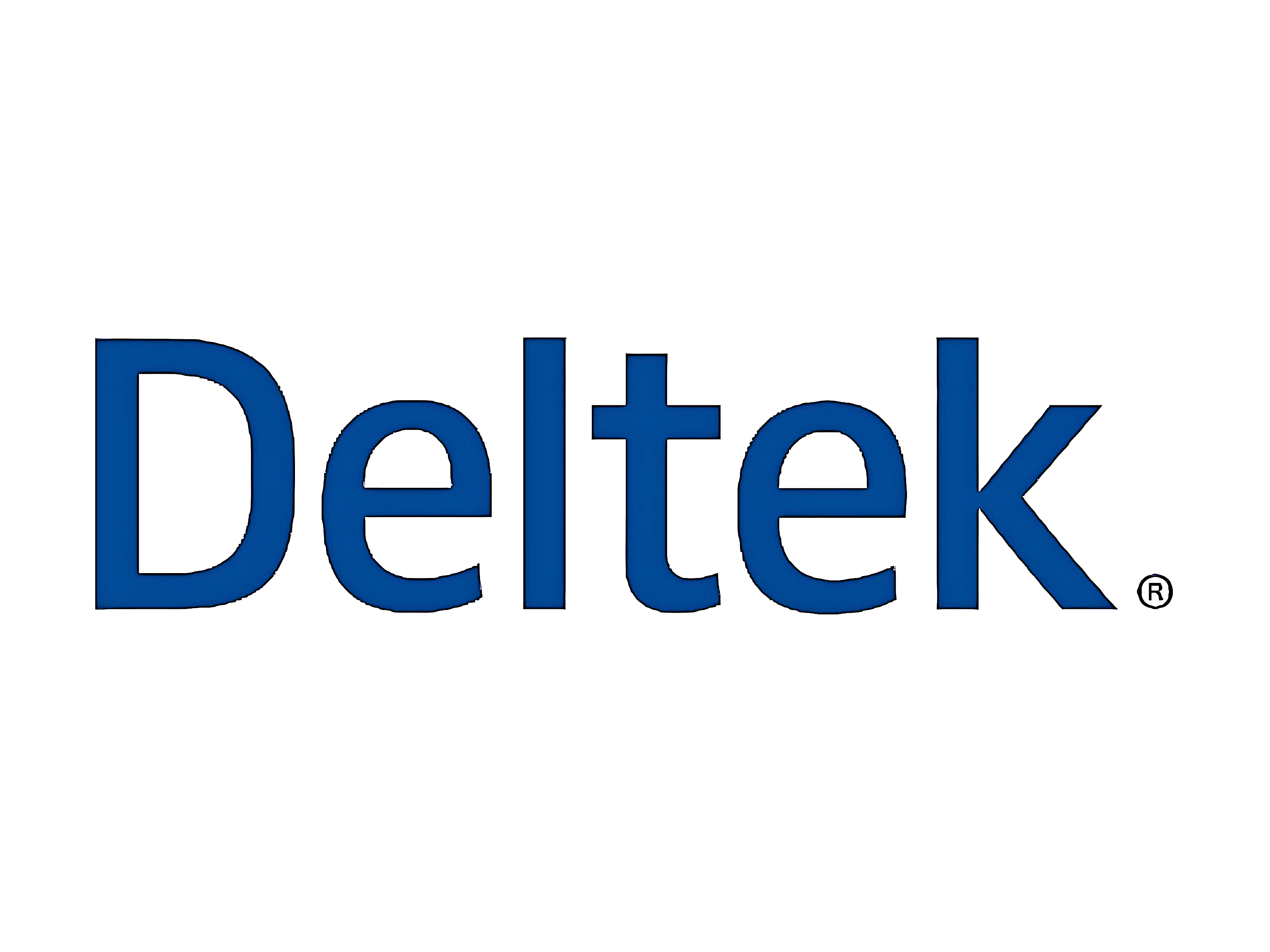Discovering the Secret Features of Monograph Accounting for Successful Accounting Professionals

Defining Monograph Audit: A Comprehensive Review
Monograph audit represents a specific strategy within the broader area of monetary coverage. This approach emphasizes the systematic and thorough documentation of financial deals and their ramifications. Unlike standard audit, Monograph bookkeeping is typically tailored to unique scenarios or details sectors, providing a focused structure for analysis and coverage. It allows accounting professionals to delve much deeper right into particular locations, offering a comprehensive sight that straightens carefully with organizational objectives.
A vital function of Monograph accounting is its versatility; it can include various audit standards and techniques as required. This flexibility makes it possible for accounting professionals to produce records that are not only accurate yet likewise relevant to stakeholders. Additionally, the method commonly involves substantial study and evaluation of monetary information, ensuring that every element is extensively understood and documented. Hence, Monograph bookkeeping acts as a critical device for accountants aiming to offer insightful economic assessments tailored to specific contexts.
The Importance of Clearness and Accuracy in Financial Reporting

Unclear or imprecise reporting can bring about misguided techniques, wore down trust among financiers, and regulatory examination. Therefore, accounting professionals should focus on accuracy in their job, making sure that numbers are carefully validated and financial stories are systematic. This not only promotes transparency but likewise improves the total integrity of the company.
Ultimately, clarity and precision in economic coverage are indispensable for keeping stakeholder self-confidence and advertising sustainable company growth. Accountants play an essential role in upholding these criteria, making their expertise important in browsing the intricacies of monetary information.
Enhancing Decision-Making Processes Through Monograph Audit
Effectiveness in decision-making processes is considerably enhanced through the principles of Monograph accountancy. By combining comprehensive monetary data into a particular, systematic structure, accounting professionals can promptly access vital details necessary for notified options. This method decreases the moment spent on data retrieval and analysis, permitting an extra nimble action to economic scenarios.
Monograph accountancy stresses clear classification and thoughtful organization of financial purchases, which reduces errors and miscommunication. When accountants make use of these principles, they can present monetary insights in an organized manner, helping with conversations amongst stakeholders.
Additionally, the standardization integral in Monograph bookkeeping makes it possible for smooth contrasts throughout different durations or divisions, further helping in tactical preparation. This streamlined technique not only optimizes the interior procedures of bookkeeping professionals yet also boosts the general business agility, equipping businesses to adjust to altering market problems swiftly.
Trick Benefits for Accountants and Their Customers
While adopting Monograph bookkeeping might call for a preliminary financial investment of time and sources, the lasting advantages for both accounting professionals and their customers are considerable. This accountancy approach advertises boosted precision and openness, permitting accounting professionals to keep more clear economic records. By consolidating details right into a singular story, customers get far better understandings right into their economic wellness, assisting in Monograph Project Accounting notified decision-making.
Monograph accountancy cultivates stronger customer partnerships via enhanced interaction. Accountants can present economic data in a much more absorbable layout, making it simpler for clients to recognize intricate info. This clarity not just constructs trust but likewise encourages positive monetary management
In addition, the structured processes connected with Monograph accountancy lower the possibility of mistakes, which can conserve both time and money. Ultimately, the assimilation of this strategy causes much more reliable procedures, enabling accounting professionals to give higher quality service while equipping customers with enhanced monetary understanding and control.
Practical Applications of Monograph Bookkeeping in Various Industries
In what means can monograph accountancy transform numerous markets? By supplying a focused and detailed approach to monetary reporting, Monograph bookkeeping boosts clarity and precision across diverse sectors. In health care, for instance, it assists in the specific monitoring of individual costs and source allotment, inevitably improving monetary monitoring. The manufacturing market benefits from its organized analysis of manufacturing prices, allowing for far better rates methods and success analyses.
In the retail industry, Monograph accounting helps in stock monitoring and sales forecasting, aiding services optimize stock degrees and minimize waste. Furthermore, in the nonprofit sector, it helps in transparent coverage of grant funding and resource use, fostering depend on among stakeholders. On the whole, Monograph bookkeeping's customized methods allow companies to accomplish financial transparency and functional performance, making it an important tool across numerous sectors. Its versatility makes sure that companies can meet specific bookkeeping requirements while maintaining compliance with regulations.
Frequently Asked Questions
What Software Is Best for Executing Monograph Bookkeeping?
The most effective software for applying Monograph audit consists of copyright, Xero, and Sage. These platforms provide extensive features customized for effective monitoring, reporting, and management of economic data, helping with structured accounting processes for experts.
How Does Monograph Accounting Differ From Conventional Audit Techniques?
Monograph accounting focuses on specific jobs or customers, emphasizing thorough monitoring and reporting for particular entities, while typical bookkeeping accumulations data across all entities, focusing on overall economic health instead of project-specific understandings and performance.
What Prevail Obstacles Accountants Face With Monograph Audit?
Accountants typically run into obstacles with Monograph accounting, including complexity in financial reporting, combination with existing systems, making certain conformity with laws, adjusting to unique client demands, and taking care of the detailed documentation needed for accurate analyses.
Exist Particular Laws Governing Monograph Audit Practices?
Yes, specific regulations frequently control Monograph accountancy practices, consisting of adherence to nationwide accounting standards, compliance with tax regulations, and industry-specific guidelines. Accountants need to remain informed to ensure their methods align with these established frameworks.
Just How Can Accountants Keep Upgraded on Monograph Audit Trends?
Accounting professionals can remain updated on Monograph bookkeeping trends by registering for market publications, participating in appropriate workshops and seminars, participating in specialist companies, and engaging with on-line discussion forums dedicated to accounting criteria and ideal methods. (Monograph Accounting)
Monograph accounting offers a distinct framework that boosts monetary reporting for accounting professionals. Unlike conventional accounting, Monograph accountancy is typically customized to certain industries or one-of-a-kind situations, supplying a focused framework for evaluation and reporting. An essential attribute of Monograph accountancy is its flexibility; it can integrate various audit standards and methods as needed. By offering a focused and thorough approach to monetary coverage, Monograph accounting improves quality and accuracy across diverse fields. Yes, specific guidelines frequently regulate Monograph audit practices, including adherence to nationwide bookkeeping criteria, conformity with tax policies, and industry-specific standards.